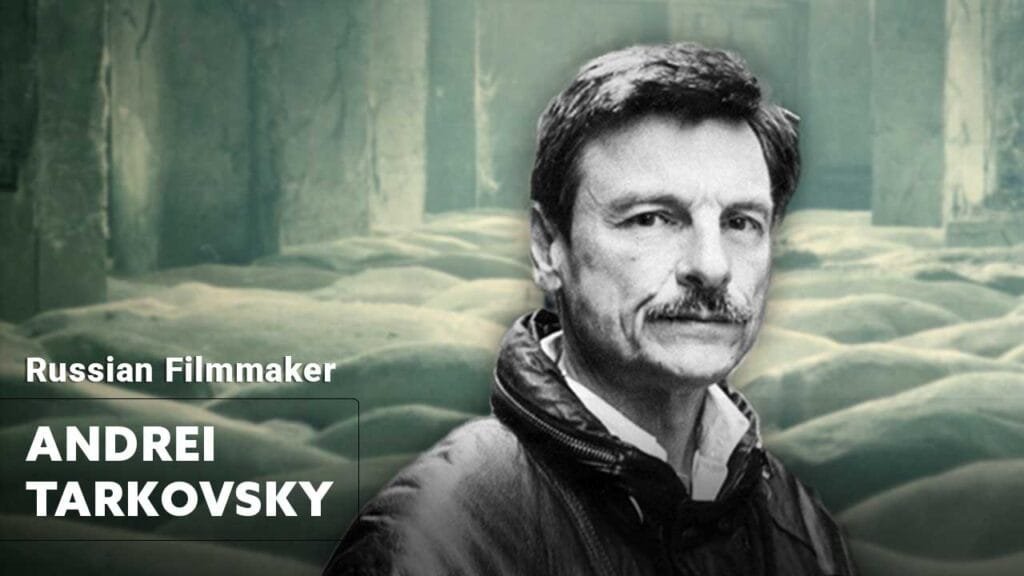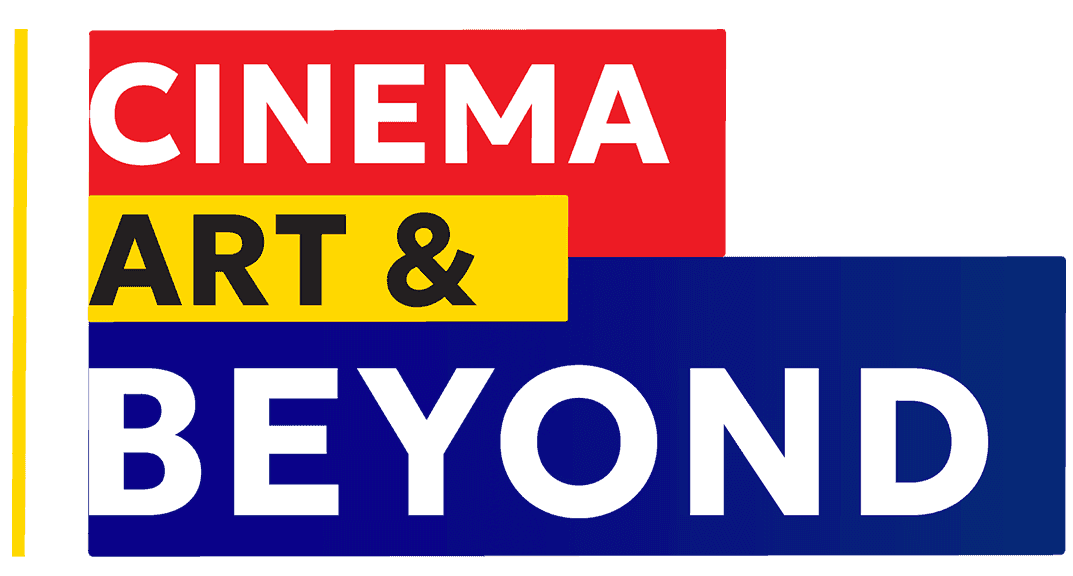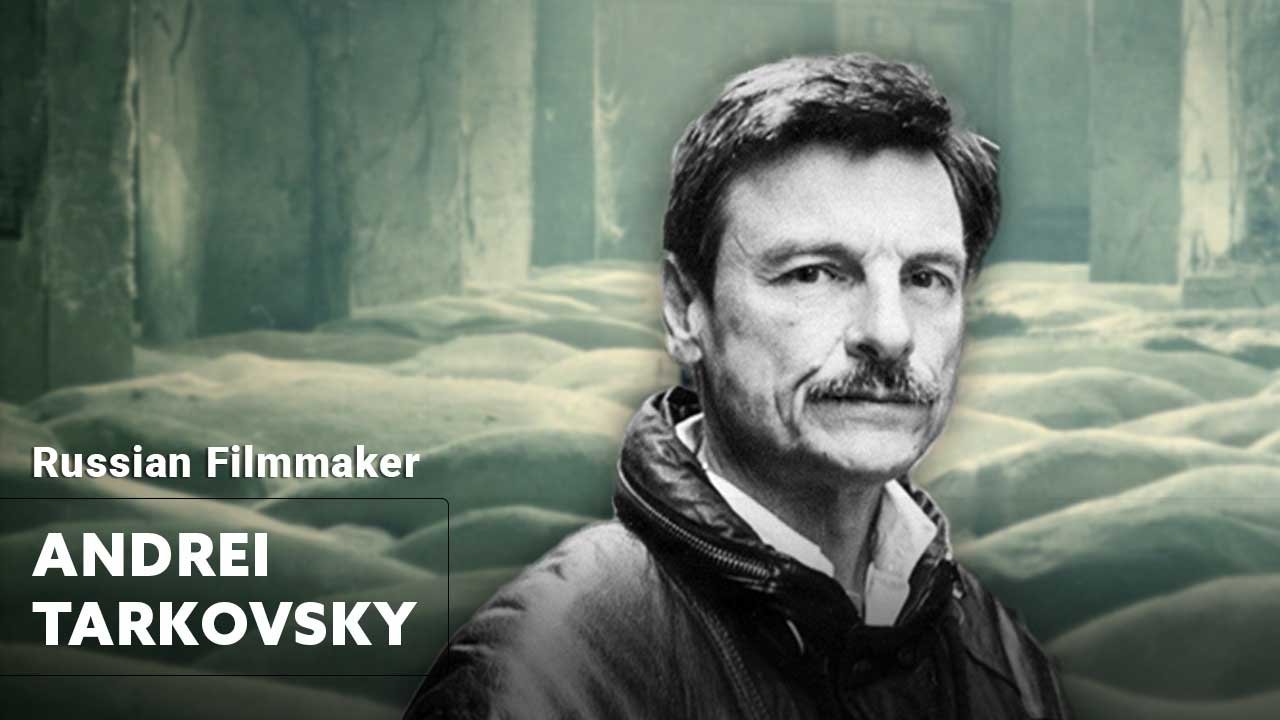Explore Andrei Tarkovsky’s profound philosophy on art, where spirituality, truth, and the essence of time converge. Discover his timeless insights into the role of the artist, the emotional power of art, and its ability to connect us to universal human experiences.
Andrei Tarkovsky, the legendary Russian filmmaker, had profound insights into the nature of art. He believed that art transcended mere entertainment, serving as a spiritual and emotional journey for both the artist and the audience. Here’s a detailed exploration of his views on art:

Art as a Spiritual Act
Tarkovsky often emphasized that art is inherently tied to the human spirit. He believed that the purpose of art is to evoke deep, existential questions, helping individuals confront the mysteries of life, death, love, and time. In his book, Sculpting in Time, he writes:
“Art is born and takes hold wherever there is a timeless and insatiable longing for the spiritual, for the ideal: that longing which draws people to art.”
The Artist’s Responsibility
For Tarkovsky, creating art was not a frivolous pursuit but a moral and spiritual responsibility. He argued that an artist must remain truthful to their vision, even at the expense of commercial success or popular appeal. He rejected superficiality and sought depth, believing that art should elevate the audience, not pander to them.
“The artist exists because the world is not perfect. Art would be useless if the world were perfect, as man wouldn’t look for harmony but would simply live in it. Art is born out of an ill-designed world.”
A recurring theme in Tarkovsky’s films is time, which he considered the essence of cinema and art in general. He often described his creative process as “sculpting in time,” meaning that he manipulated the perception of time to evoke emotional and philosophical responses.
Art and Time
He believed that time in art allowed for a connection between the artist’s inner world and the audience’s consciousness, creating an intimate dialogue that transcends language and culture.
Art as a Reflection of Truth
Tarkovsky viewed art as a medium for exploring and revealing truth. He rejected escapism and believed that authentic art confronts reality, no matter how uncomfortable or complex. His films often featured long takes, minimal dialogue, and symbolic imagery to encourage contemplation and emotional resonance.
“An artist never works under ideal conditions. If they existed, his work wouldn’t exist, for the artist doesn’t live in a vacuum. Some sort of pressure must exist. The artist exists because the world is not perfect.”
The Role of Emotion in Art
Tarkovsky argued that art should connect with the audience on a deeply emotional level. He believed that art is not about solving problems or providing answers but about evoking feelings and reflections that inspire personal growth.
Art’s Eternal Nature
Tarkovsky saw art as eternal, a bridge connecting the past, present, and future. He believed that true art endures because it speaks to universal human experiences. His own films, like Stalker, Andrei Rublev, and The Mirror, remain timeless, celebrated for their poetic exploration of the human condition.
Conclusion
Tarkovsky’s philosophy of art challenges us to see beyond the surface and engage with deeper, often uncomfortable truths. His perspective reminds artists and audiences alike of the transformative power of art to illuminate the soul and elevate the human experience.
Also Read : What is Art? Understand Correctly
Also Read : Art and Spirituality Interconnection
Also Read : What is Cinema? Understand Correctly

